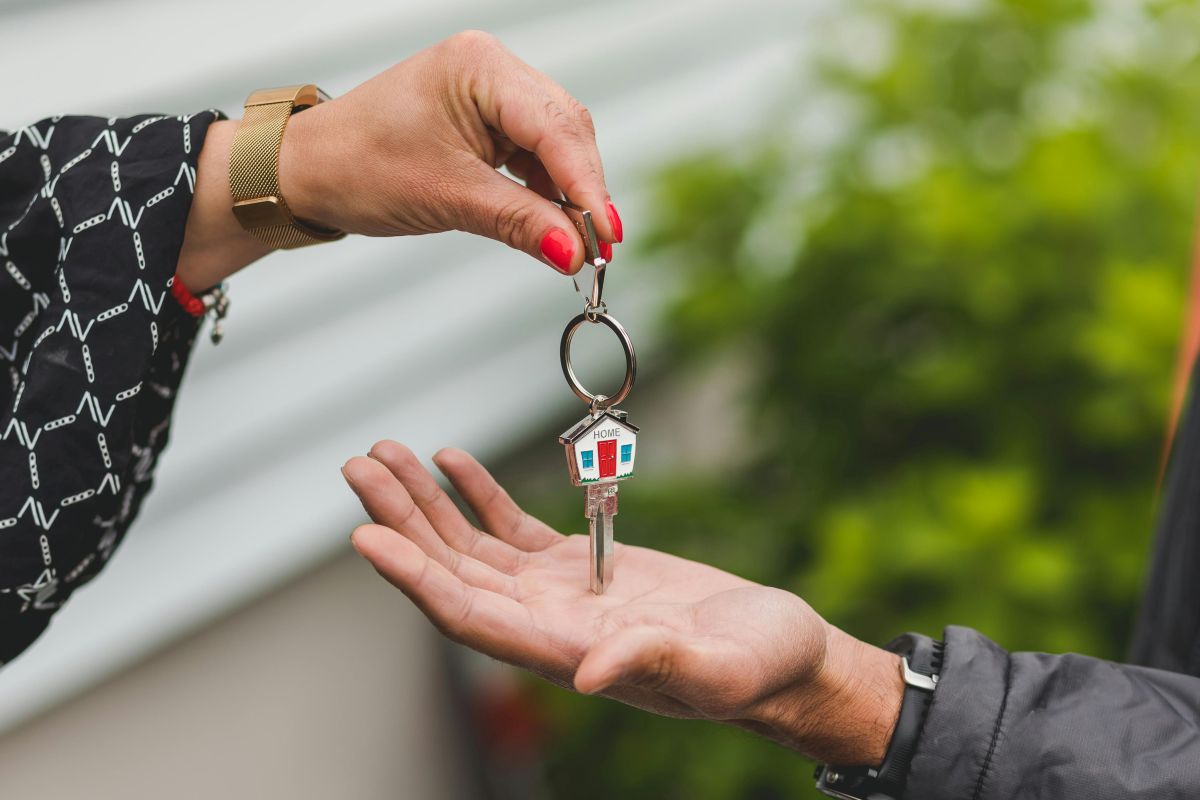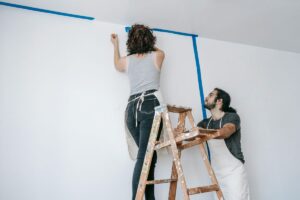Have you ever dreamed of owning your own home but felt overwhelmed by the financial steps involved? Buying a home is a big commitment, but small financial moves can make the process smoother. Whether you’re planning for your first house or looking to make your current home easier to manage, some simple habits can go a long way. You don’t need to be a financial expert to make smart decisions. With the right approach, homeownership can become much more manageable than it seems at first.
In this blog, we will share simple financial strategies that can help make homeownership easier.
Start With a Clear Budget
The first step to making homeownership easier is setting up a clear and realistic budget. Many people skip this part and run into financial trouble later. When you know how much you earn and spend each month, you can figure out what kind of house you can afford. Track your income and regular expenses like rent, groceries, gas, and subscriptions. Then, figure out what you can comfortably spend on a mortgage without feeling stretched.
Once you have a budget, stick to it. Don’t just create it and forget about it. Review it every few months to make sure it still fits your life. This helps you stay in control of your money and avoid overspending. A clear budget is one of the easiest and most powerful ways to prepare for buying a home. It gives you confidence and direction as you make one of the biggest purchases of your life.
Tap Into Your Home’s Value
If you already own a home, you might be sitting on extra financial support without realizing it. Many homeowners build up value in their homes over time. This value, called equity, can help you handle large expenses or make improvements. One smart move is to apply for home equity loan online. Doing this can give you access to funds based on the equity you’ve built up, without needing to visit a bank in person.
It’s easier than you might think. The online process is simple and can often give you faster results. You’ll usually need details about your home’s value, your income, and credit history. Be sure to check rates and terms, but this method can be a helpful financial option for those who want to reinvest in their home or manage unexpected costs. It’s one more way your home can work for you.
Build an Emergency Fund

Owning a home means you’re responsible for repairs and upkeep. Pipes burst, heaters break, and roofs leak. These things happen when you least expect them, and the costs can add up fast. That’s why having an emergency fund is so important. This fund should be separate from your regular savings and only used for unexpected home expenses.
Start small if you need to. Even $25 or $50 a month adds up over time. Try to build your fund to at least three months of living expenses. If that feels like too much right now, focus on one month at a time. The key is consistency. A solid emergency fund helps reduce stress and keeps your home running smoothly, even when surprises pop up. It’s a simple move that gives long-term peace of mind.
Boost Your Credit Score
Your credit score plays a big role in homeownership. A better score means better interest rates, which can save you thousands over the life of a mortgage. If your score is low or average, there are simple things you can do to boost it. Start by paying your bills on time and paying down any credit card balances. Keeping your balances low shows that you manage credit well.
Also, avoid opening new credit cards right before applying for a mortgage. Lenders look at your recent credit activity. If you’re unsure about your credit report, you can check it once a year for free. Fix any mistakes you find. These small steps can make a big difference. A stronger credit score opens more doors and gives you more choices when it’s time to buy or refinance your home.
Cut Unnecessary Costs
Take a look at your monthly spending and see where you can cut back. You might be surprised how much you spend on things you don’t really need. Do you have subscriptions you don’t use? Are you eating out more than planned? These small costs add up. Cutting just a few of them can help you save more money for home-related expenses.
This doesn’t mean you have to give up all fun. It’s about balance. Keep the things that matter most and drop the rest. The extra money you save can go toward your mortgage, emergency fund, or upgrades to your home. Making smart choices about your spending makes homeownership less stressful and more affordable. It’s about being mindful, not restrictive.
Look for Homeowner Tax Breaks
Owning a home can come with helpful tax breaks that lower your yearly bill. These include deductions for mortgage interest and property taxes. Some states offer extra benefits for homeowners, such as homestead exemptions. If you make energy-efficient improvements, you may qualify for additional credits. These savings can help offset the cost of owning a home.
Keep records of what you spend on your home, especially when it comes to interest payments or home upgrades. Use tax software or talk to a tax professional to make sure you’re claiming everything you’re allowed to. These tax breaks can put more money back in your pocket each year. Taking time to learn about them is a simple move that pays off long-term.
In conclusion, homeownership doesn’t have to feel overwhelming. A few smart financial habits can make the journey easier and more rewarding. As your home becomes a part of your life, let your financial moves support it. The choices you make today will shape the comfort and security you enjoy tomorrow.
The post Simple Financial Moves That Make Homeownership Easier first appeared on Mama Say What?!
Featured Image Credit: Pexels





